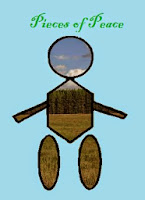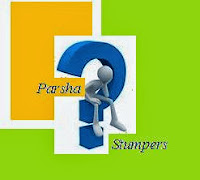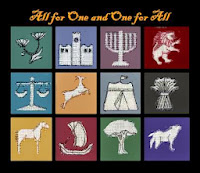Derech Hashem: Generalities and Details
~ Torah Parallels : Derech Hashem ~ Generalities and Details By: Daniel Listhaus Hakdama The Ramchal (R' Moshe Chaim Luzzatto) writes in his introduction to Derech Hashem that when one is confronted with many details but is not aware how they relate to one another, the details remain a paradox and take a toll on the mind that carries them. Each particular detail might grab one's attention to focus to it in curiosity and want to delve deeper to understand. However, if one allows his curiosity to further himself down the proverbial rabbit hole at the detail level, it will be a frustrating ride. One would still be missing the huge step back and trying to grasp what the overall underlying concept is that is driving the details. Imagine someone who know absolutely nothing even as basic as logic, simple math, or knowledge of the laws of nature. Imagine this person drops a baseball a realizes that it falls instead of staying in place - he discovered gravity. However




